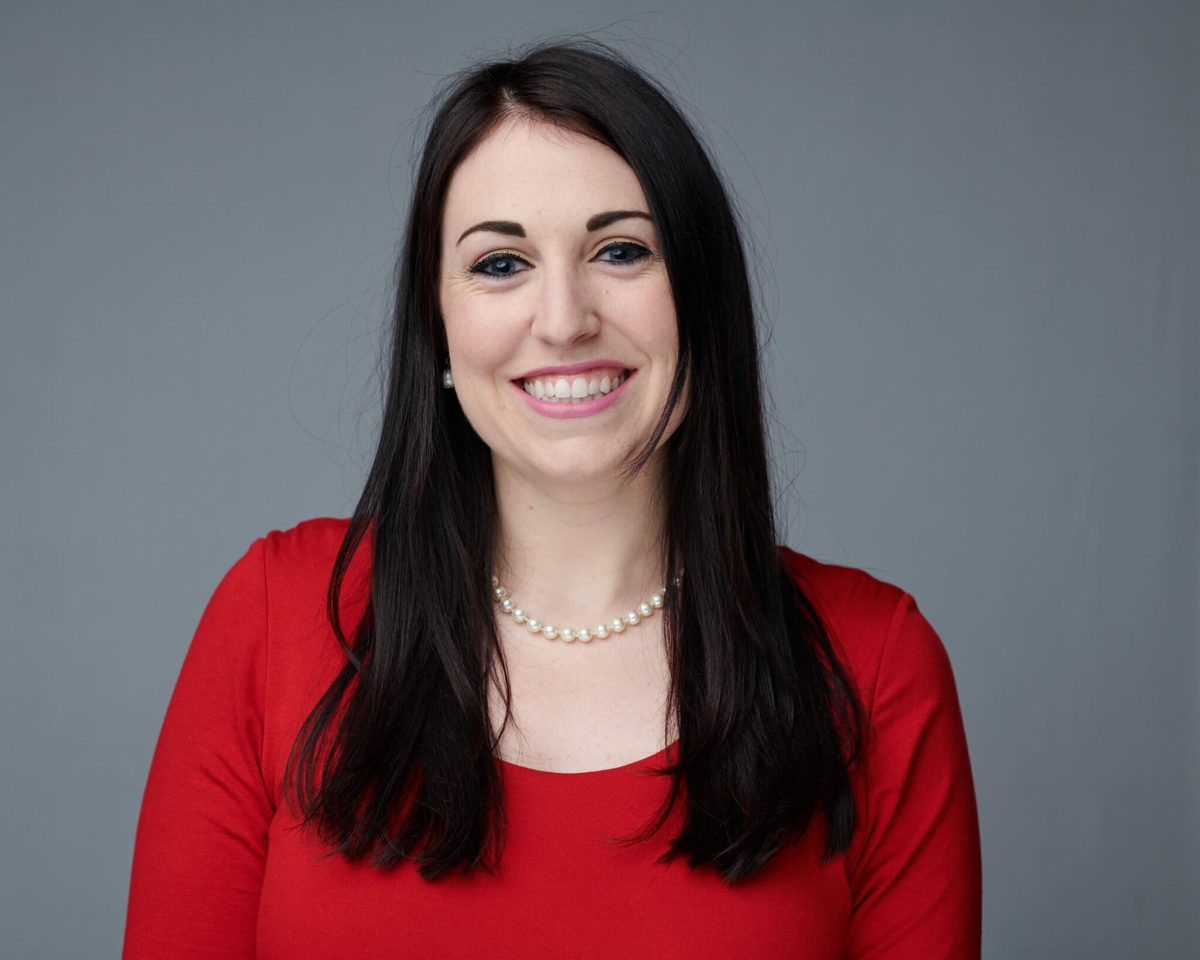
An Interview with New Wisconsin Department of Public Instruction Family and Consumer Sciences Consultant Julie Anderson
Julie Anderson recently joined the DPI as the new family and consumer sciences consultant. Anderson came up through the ranks of family and consumer sciences first as a high school student, and then as a 6-12th grade FCS teacher in the New Glarus School District. During her tenure at the school, Anderson received a Kohl Foundation Fellowship, which she used to start a coffee capstone course to enrich the hospitality and tourism pathway for her students. She comes to the DPI fresh from her work at the American Association of Family and Consumer Sciences, where she worked with educators across the country to uplift and support the work of family and consumer sciences leaders and programs.
ConnectEd: What do you think is the value of family and consumer sciences to students in our modern world?
Anderson: The COVID-19 pandemic exposed the importance of what family and consumer sciences teaches, including food preparation, sewing (remember the masks?) and even how to set up home learning environments that are healthy and productive. These skills are fundamental skills to who we are as human beings and can provide a lot of connection and joy. I’m excited to help educators and students across the state understand the potential of FCS and the many resources available through family and consumer sciences education.
Of course, we want Wisconsin to be a healthy place to grow up, so it’s important that our students understand how to manage their own health and the health of their communities and look for ways to make healthy living easier. One of the goals of FCS is for students to understand healthy relationships based on respect and kindness, and how to foster those relationships within their own families and in their schools.
ConnectEd: What excites you about working back in Wisconsin and with our family and consumer sciences educators?
Anderson: I’m excited about helping all educators throughout the state understand the role that FCS can have in student learning across the curriculum. Things like sewing or baking are far more than ‘just’ tasks. They require practice and skills like communication, design and planning, and learning and understanding the history of a process or product. Sewing and baking involve drawing or diagramming, knowledge of the color wheel and color theory, math, or finance.
Many of those viral TikToks kids are watching have a basis in areas that FCS teaches — whether it’s the young entrepreneur who creates new fashion from secondhand clothes, or the kids participating in culinary challenges and taking their food to the next level. We want students to learn about living healthy lifestyles and eating nutritious food. But, when they get inspired and make these things their own, we’re all richer for that. Our communities are healthier and thrive because of the innovation that’s forged in our homes and our classrooms, and in the intracurricular opportunities offered through the career and technical student organization FCCLA (Family, Career and Community Leaders of America).
Our students come from diverse backgrounds, and I love the opportunity students get through FCS to explore their own cultural backgrounds and histories. They have the opportunity to share that with their fellow students, and everyone comes out better and with a richer understanding of our commonalities and our differences in a way that’s tangible.
ConnectEd: Talk to us a little bit about the relevance of family and consumer sciences as a career pathway for today’s students. Lots of folks have very outdated ideas about what FCS instruction is and what kinds of career opportunities might be available through the pathway.
Anderson: Family and consumer sciences is part of Career and Technical Education for a reason, and this cannot be overstated. If we’re going to support Wisconsin’s growth, we need highly-trained early childhood educators to provide excellent childcare so that our workforce can continue to grow.
In the past, there was a false dichotomy between what happens in the home and what happens in the business world. But more and more, we see that many people wear many hats, and that skills which might have been coded as domestic are very much career pathways. Many skills that were coded as more for business are useful in people’s everyday lives. We need a thriving hospitality industry. We need interior designers and folks who understand how to make spaces work. We need entrepreneurs and people who supply the products, tools, and services that our economy relies on.
I want to make sure educators understand, but also the general public understands the breadth of family and consumer sciences job pathways. When people truly understand the scope, I hope that they can start to see how this is such an essential part of our students’ education and our futures. These job pathways include:
- Culinary arts, hospitality, and tourism
- Education and training
- Food science and nutrition
- Health management and wellness
- Housing and interior design
- Human/child development and family relations
- Personal and family finance
- Textiles, apparel, and retailing
Connecting students with their own lives, backgrounds, and skills, and helping them see a future in these pathways is something that I know continues to fuel my passion for FCS and that of many Wisconsin FCS educators.
For more information on FCS in Wisconsin, visit the DPI's dedicated webpage.